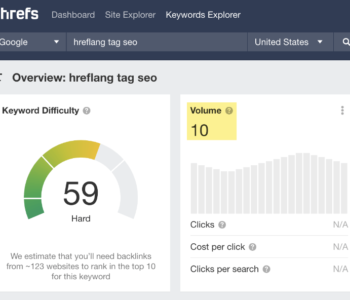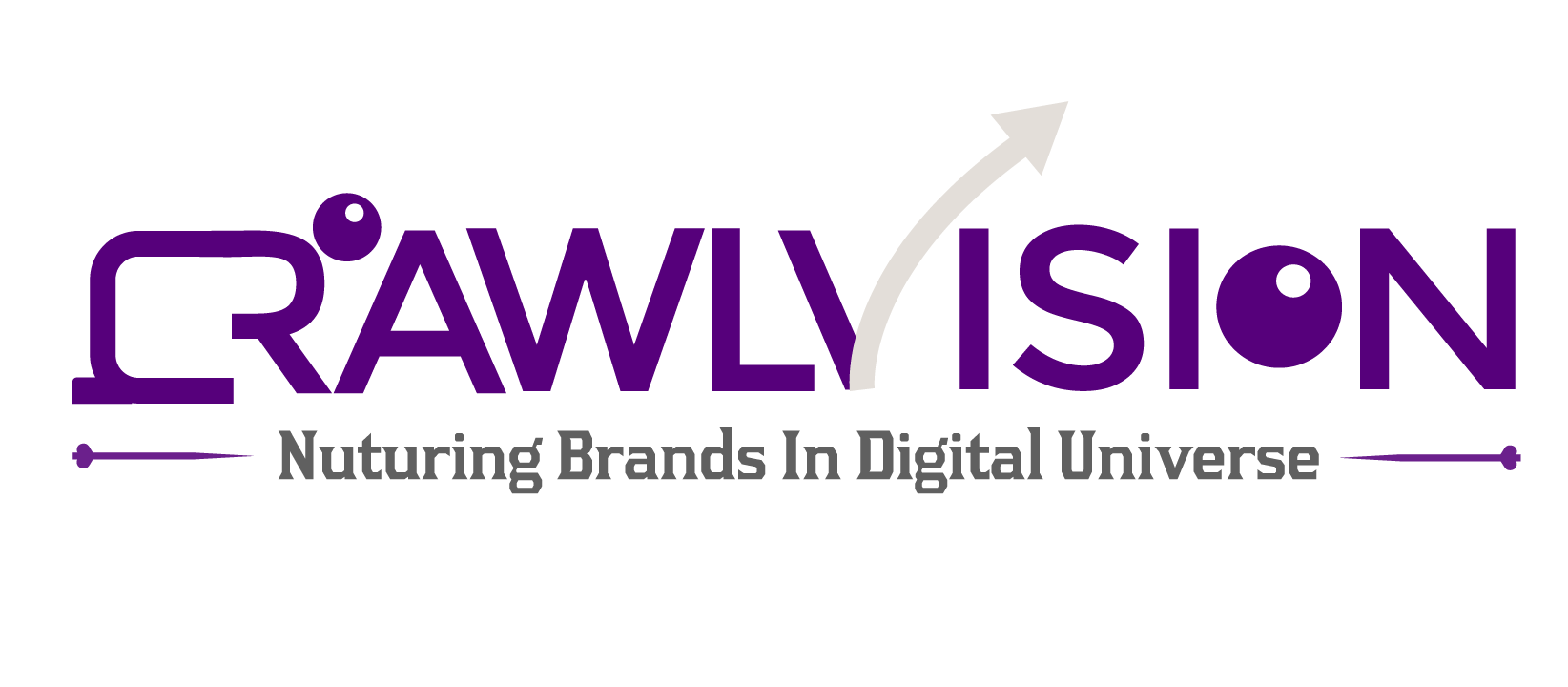 Marketing
Marketing
A Smart Marketer’s Guide on Use of AI for…
From Manual Guesswork to Machine Precision
Traditional keyword research uses spreadsheets, search volume filters, and best guesses. But AI is changing that. Instead of relying on static databases, AI tools use real-time data and machine learning to identify patterns, user intent, and semantic relationships.
Tools like MarketMuse and Semrush now go beyond keyword matching—they analyze how topics relate and what searchers mean. This shift makes keyword research more accurate and aligned with how Google ranks content.
From Manual Guesswork to Machine Precision
Traditional keyword research uses spreadsheets, search volume filters, and best guesses. But AI is changing that. Instead of relying on static databases, AI tools use real-time data and machine learning to identify patterns, user intent, and semantic relationships.
Tools like MarketMuse and Semrush now go beyond keyword matching—they analyze how topics relate and what searchers mean. This shift makes keyword research more accurate and aligned with how Google ranks content.
From Manual Guesswork to Machine Precision
Traditional keyword research uses spreadsheets, search volume filters, and best guesses. But AI is changing that. Instead of relying on static databases, AI tools use real-time data and machine learning to identify patterns, user intent, and semantic relationships.
Tools like MarketMuse and Semrush now go beyond keyword matching—they analyze how topics relate and what searchers mean. This shift makes keyword research more accurate and aligned with how Google ranks content.
From Manual Guesswork to Machine Precision
Traditional keyword research uses spreadsheets, search volume filters, and best guesses. But AI is changing that. Instead of relying on static databases, AI tools use real-time data and machine learning to identify patterns, user intent, and semantic relationships.
Tools like MarketMuse and Semrush now go beyond keyword matching—they analyze how topics relate and what searchers mean. This shift makes keyword research more accurate and aligned with how Google ranks content.
From Manual Guesswork to Machine Precision
Traditional keyword research uses spreadsheets, search volume filters, and best guesses. But AI is changing that. Instead of relying on static databases, AI tools use real-time data and machine learning to identify patterns, user intent, and semantic relationships.
Tools like MarketMuse and Semrush now go beyond keyword matching—they analyze how topics relate and what searchers mean. This shift makes keyword research more accurate and aligned with how Google ranks content.
From Manual Guesswork to Machine Precision
Traditional keyword research uses spreadsheets, search volume filters, and best guesses. But AI is changing that. Instead of relying on static databases, AI tools use real-time data and machine learning to identify patterns, user intent, and semantic relationships.
Tools like MarketMuse and Semrush now go beyond keyword matching—they analyze how topics relate and what searchers mean. This shift makes keyword research more accurate and aligned with how Google ranks content.
From Manual Guesswork to Machine Precision
Traditional keyword research uses spreadsheets, search volume filters, and best guesses. But AI is changing that. Instead of relying on static databases, AI tools use real-time data and machine learning to identify patterns, user intent, and semantic relationships.
Tools like MarketMuse and Semrush now go beyond keyword matching—they analyze how topics relate and what searchers mean. This shift makes keyword research more accurate and aligned with how Google ranks content.

